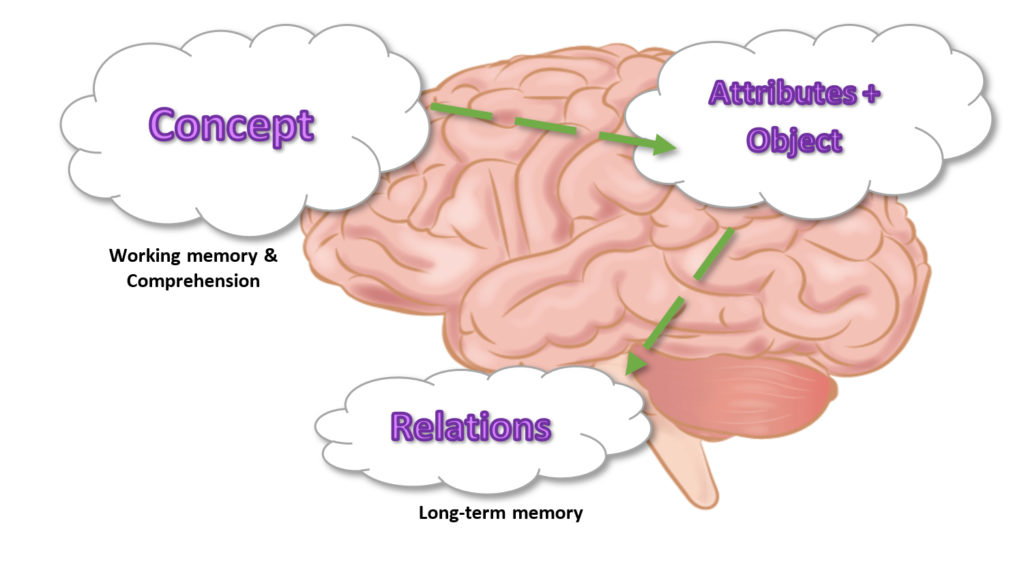The Processes of Comprehension
By Janee’ Butler, Literacy & Learning Specialist
Let’s talk comprehension!! Not the comprehension of how many of us view or understand comprehension. But, for a moment let’s approach it as a cognitive function. Let’s view it from the lens of cognitive psychologists and linguists, better understanding the neurology of it all.
Linguists define comprehension as an ability to understand the meaning of a concept or an action based on the intelligent power of abstract thought or meaning (Wang, 2003). Cognitively, the process of comprehension is as follows:
♥️ Comprehension is, of course, a higher cognitive process of the brain.
🧡 The brain is taking a concept that is a basic cognitive unit in order to identify or model a real-world, concrete entity and a perceived-world abstract.
💛The concept must have attributes (A) to create an object (O) to form relations (R).
💚 Those relations (R) are retrieved from your long-term memory (LTM).

As Nancy Hennessy says, “Comprehension is more than a product, it involves many processes in the brain”. 🧠 📚 In essence, the brain is searching to connect to a concept that has already been established in long-term memory. Hence, background knowledge is the key to comprehension.
In cognitive psychology, comprehension involves constructing an internal representation based on existing knowledge previously gained in the brain (Quillian, 1968; Wang 2003). It is what unlocks the mental pathways to build meaning, understanding, and a mental picture of text. Comprehension is more than an oral synopsis or written expression. It is an internal representation fighting to come alive.
As educators let’s understand the processes before we move to refine the products!
Citations:
Wang, Y. On Cognitive Informatics. Brain and Mind 4, 151–167 (2003). https://doi.org/10.1023/A:1025401527570
Quillian, M. R. (1968). Semantic memory. In M. Minsky (Ed.), Semantic information processing (pp. 216–270). Cambridge, MA: MIT Press. Google Scholar

Leave a Reply